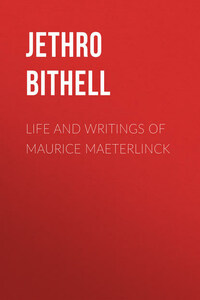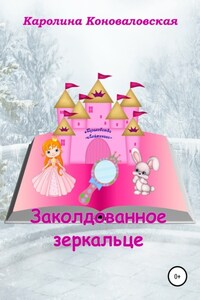It is not an easy task to write the life of a man who is still living. If the biographer is hostile to his subject, the slaughtering may be an exciting spectacle; if he wishes, not to lay a victim out, but to pay a tribute of admiration tempered by criticism, he has to run the risk of offending the man he admires, and all those whose admiration is in the nature of blind hero-worship. If he is conscientious, the only thing he can do is to give an honest expression of his own views, or a mosaic of the views of others which seem to him correct, knowing that he may be wrong, and that his authorities may be wrong, but challenging contradiction, and caring only for the truth as it appears to him.
So much for the tone of the book; there are difficulties, too, when the lion is alive, in setting up a true record of his movements. If the lion is a raging lion, how easy it is to write a tale of adventure; but if the lion is a tame specimen of his kind, you have either to imagine exploits, making mountains out of molehills, or you have to give a page or so of facts, and for the rest occupy yourself with what is really essential.
When the lion is as tame as Maeterlinck is (or rather as Maeterlinck chooses to appear), the case is peculiarly difficult. The events in Maeterlinck's life are his books; and these are not, like Strindberg's books, for instance, so inspired by personality that they in themselves form a fascinating biography. They reveal little of the sound man of business Maeterlinck is; they do not show us what faults or passions he may have; they tell us little of his personal relations – in short, Maeterlinck's books are practically impersonal.
The biographer cannot take handfuls of life out of Maeterlinck's own books; and it is not much he can get out of what has been written about him, very little of which is based on personal knowledge. Maeterlinck has always been hostile to collectors of "copy," those great purveyors of the stuff that books are made of. Huret made him talk, or says he did, when Maeterlinck took him into the beer-shop; and a few words of that interview will pass into every biography. That was at a time when he hated interviews. He wrote to a friend on the 4th of October, 1890:
"I beg you in all sincerity, in all sincerity, if you can stop the interviews you tell me of, for the love of God stop them. I am beginning to get frightfully tired of all this. Yesterday, while I was at dinner, two reporters from … fell into my soup. I am going to leave for London, I am sick of all that is happening to me. So if you can't stop the interviews they will interview my servant."1
This is not a man who would chatter himself away,2 not even to Mr Frank Harris, who found him aggressive (and no wonder either if the Englishman said by word of mouth what he says in print, namely that The Treasure of the Humble was written "at length" after The Life of the Bee, Monna Vanna, and the translation of Macbeth!3). The fact is, there is very little printed matter easily available on the biography proper of Maeterlinck. It is true we have several accounts of him by his wife in a style singularly like his own; we have gossip; we have delightful portraits of the houses he lives in – but we have no bricks for building with.
A future biographer may have at his hands what the present lacks; but I for my part have no other ambition for this book than that it should be a running account of Maeterlinck's works, with some suggestions as to their interpretation and value.
JETHRO BITHELL.
Hammerfield,
Nr. Hemel Hempstead,
31st January, 1913.
Maurice Polydore Marie Bernard Maeterlinck4 was born at Ghent on the 29th of August, 1862. It is known that his family was settled at Renaix in East Flanders as early as the fourteenth century; and the Maeterlincks are mentioned as burghers of Ghent in the annals of Flanders. The name is said to be derived from the Flemish word "maet" (Dutch "maat"), "measure," and is interpreted as "the man who measures out: distributor." In harmony with this interpretation the story goes that one of the poet's ancestors was mayor of his village during a year of famine, and that he in that capacity distributed corn among the poor. Maeterlinck's father was a notary by profession; being in comfortable circumstances, however, he did not practise, but lived in a country villa at Oostacker, near Ghent, on the banks of the broad canal which joins Ghent to the Scheldt at the Dutch town of Terneuzen.5 Here through the paternal garden the sea-going ships seemed to glide, "spreading their majestic shadows over the avenues filled with roses and bees."








